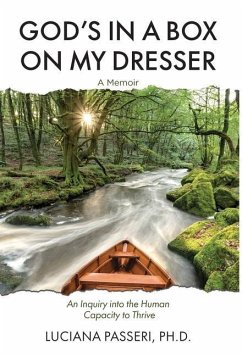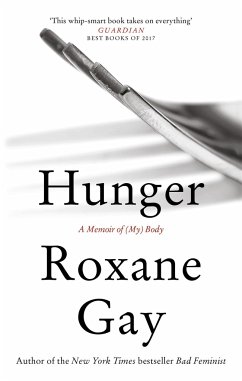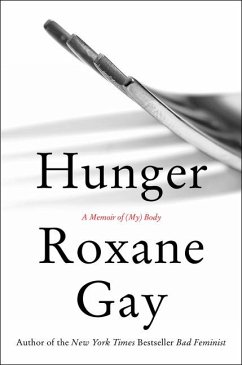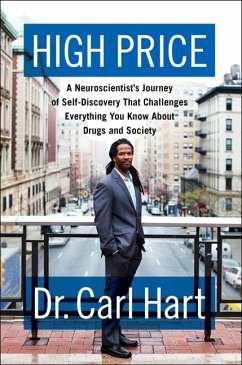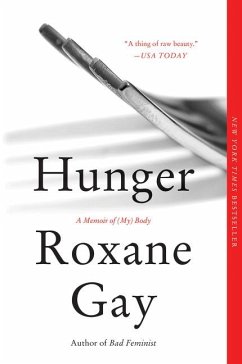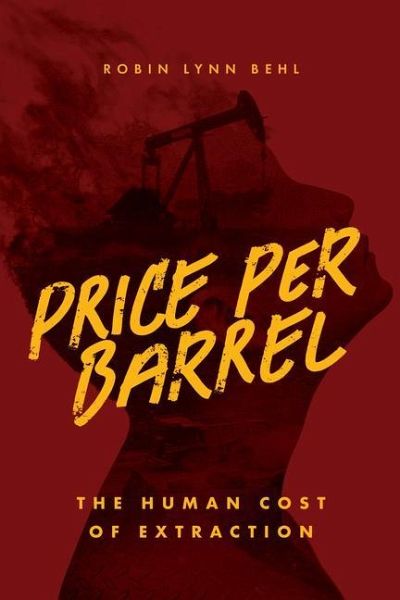
Price Per Barrel
The Human Cost of Extraction
Versandkostenfrei!
Versandfertig in über 4 Wochen
22,99 €
inkl. MwSt.

PAYBACK Punkte
11 °P sammeln!
"For twenty years, the author worked diligently to save lives, first as a firefighter, then as a paramedic and finally as a physician assistant. It's the kind of work that will change a person, the kind that leaves an indelible mark. Anyone in that profession finds some way to cope with the horror that is mankind. Or, they don't survive. The author's means of coping was to drive. For years, she drove long, long distances across the country, across the continent, until she had seen all fifty states and every province in Canada. Along the way, she ran into her friends, brothers, and sisters in t...
"For twenty years, the author worked diligently to save lives, first as a firefighter, then as a paramedic and finally as a physician assistant. It's the kind of work that will change a person, the kind that leaves an indelible mark. Anyone in that profession finds some way to cope with the horror that is mankind. Or, they don't survive. The author's means of coping was to drive. For years, she drove long, long distances across the country, across the continent, until she had seen all fifty states and every province in Canada. Along the way, she ran into her friends, brothers, and sisters in the badge. She found the other people who were still doing the work she had done, and they started to tell her their stories. Of particular impact are the stories that come out of the repeated cycle of boom and bust that has shaped our movement across the North American continent for the last four hundred years. Whether it's the gold for our coffers, the copper for our cell phones, the oil that powers our lives, our quest for the Moon, or our human need for entertainment, we come together en-masse to dig for it, drill for it and race for it. In each of those impacted communities, there are men and women in blue shirts and steel toed boots, in white coats and stethoscopes, in guns and badges, who sacrifice their energy, their hairlines, and their sanity to care for their neighbors. This book takes a look at what a sudden population boom can do to a town and to the people who care about it most. This book is broad in theme, reflecting the breadth of work that first responders and healthcare workers do for their communities. It touches on controversial topics like fracking, mining and radioactive waste. It visits the drivers of the Indy 500 and the astronauts of the new space race. It covers events like the housing crisis and the Standing Rock protests, and it explores institutional racism and sexual harassment in the pre- and post-MeToo era. What emerges is evidence that first responders, once called to duty, refuse to abandon their posts, even when their towns change around them. They rise far and above their job descriptions, putting aside their own PTSD until the boom is over. But the trauma they endure at the hands of the newcomers and outsiders is real, persistent and contagious. For that reason, it is incumbent upon us to examine our own lives; how much we use, how much we waste and how we vote. This book is part travelogue, part mental health journey. The author spent years on the road, including six months living in her truck, talking to the people on the front lines and having new adventures of her own. By telling their story, she can tell hers and be rid of its burdens. And maybe, if readers listen to their stories, they will more fully understand the price of extracting each barrel of oil or each shovel of ore and be better equipped when the next boom train stops in their town"--





